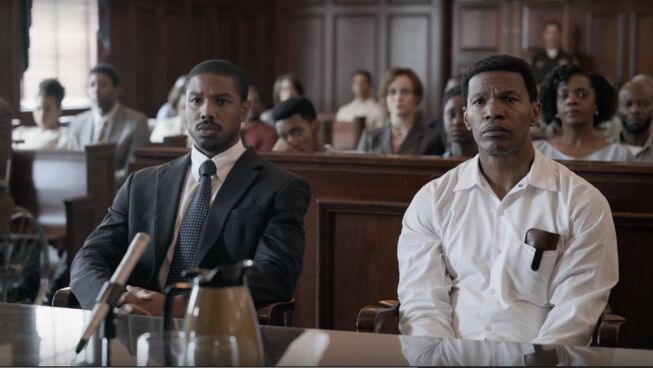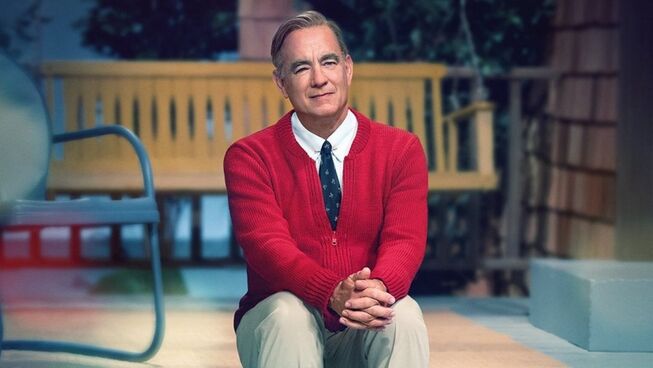
1.5 out 5 stars
One of the wonders of modern cinema is the upward trajectory of Seth Rogen. The Canadian actor has managed to develop his career around adult comedies (Superbad, Neighbours) and capitalising on his unique voice for animated projects. (Kung Fu Panda, The Lion King) Whether he is writing the screenplay or merely fills the roles provided for him, the majority of his characters fail to venture out of the dope-smoking, foul-mouthed, bumbling loser who has a warped heart of gold. Outside of a few career highlights, like his take on Steve Wozniak in Steve Jobs, his stardom seems to be more of a reflection on society than on his acting abilities.
Long Shot proves to be another film that serves his comedic preferences and manages to pander to everything in this modern day news cycle. Rogen’s alter-ego is Fred Flarsky, a talented and troublesome journalist who manages to lose his job when a media conglomerate takes over his newspaper. While he wallows in self-pity and seeks solace from his best friend, Lance (O'Shea Jackson Jr.), the two end up at the same party as Charlotte Field (Charlize Theron), the current United States Secretary of State. Despite her elevated political status, she notices Fred in the crowd, because she used to be his neighbour and babysitter in high school.
The two manage to reminisce about their shared past and when she discovers Fred is unemployed, the Secretary decides to hire him to ‘punch up’ her speech writing. Charlotte is making a run at the Presidential nomination and as she builds support for her global environmental policy, the politician has her former neighbour assist her with her public image. As they work together and reintroduce themselves, the pair begin a secret sexual relationship that eventually develops into a friendship. While their burgeoning love grows, Charlotte’s advisory team tries to prove to her that Fred would be a hindrance to her campaign and force the Secretary of State to decide between her career and relational happiness.
In amongst this Beauty and the Beast tale, Rogen manages to touch on every element that has defined his career as an actor. From the opening credits which are played against a foul-mouthed tirade by a white supremacist, the tone was set for the rest of the film. Even though most of his scenes are meant for laughs and the audience will be sure to provide them, this film shows that this comedy is reliant on going to the lowest form of humour to get a laugh. Like most of Rogen’s other films, this film contains excessive drug use, extreme language, sexual references and an over-the-top masturbation gag. The message of the film states that we all do it, which means all of these things must be acceptable.
If this is not enough to turn off the average viewer, then the rest of the film panders to everything that is being played out in today’s media. Representing a one-sided depiction of the societal views of the current American political administration, misogynistic men, the #metoo movement, environmental politics, Christianity and the current state of the worldwide press. Understandably much of what is going on with the global political landscape is a night show hosts dream, but these screenplay methods are so on the nose it fails to be funny and will leave many bloodied as opposed to smiling. The irony in pandering to the #metoo movement and the current hatred for Trump, the writers still prove only that it is only the pretty people of the world who can lead the free world. Long Shot is less a comedic political statement than merely a tale full of moral contradictions.
Despite the nostalgic touch of the soundtrack, there was little to enjoy about this film. This may have appeal to all who want to give the middle finger to the current US government, but something else is hidden behind the judgmental curtain of the film. Our tastes have sunk to a new depth that fails to value human dignity or any moral standards. It will be no surprise if this film goes on to make tons of money at the box office, which will be less a reflection on Seth Rogen's career, but more on society's current tastes.
REEL DIALOGUE: How do you determine morality?
Oh, don’t I sound like a prude in this review? Well, better to wear that label than recommend this film. Do we have no standards of taste anymore? Does every comedy have to include enough f-bombs to make sailors blush (maybe sailors from the 50s)? This film is an example of lazy screenwriting that merely comes off as pandering and sophomoric. If these statements mean I am a prude, so be it.
In amongst the humour and the action of the storyline, Long Shot opens the door on the discussion of morality. There is not real moral ambiguity in this plot line, because it includes Seth Rogen. Sex, drug usage, masturbation, race, misogyny and foul language are all open targets for humour and smash through the boundaries of good taste.
In this world where everyone has an opinion about every moral topic, it has become critical to figure out how to answer the philosophical question of where to place our moral beliefs. One consideration should be to study the example and the words of Jesus. He is not merely a moral teacher, but a life changer. Considering his life and death will start a journey of determining how to define, morality, mortality and life. How do you start? Pick up one of the accounts of his life and see how God answers this multi-layered query with one man.
1. Can we find truth in this world? (John 14:6, 1 Corinthians 13:4-6)
2. Can we ever find justice? (Proverbs 21:15, Romans 12:19)
3. Is it possible to come out from under our circumstances? (Psalm 40:17, Romans 8:38-39)








